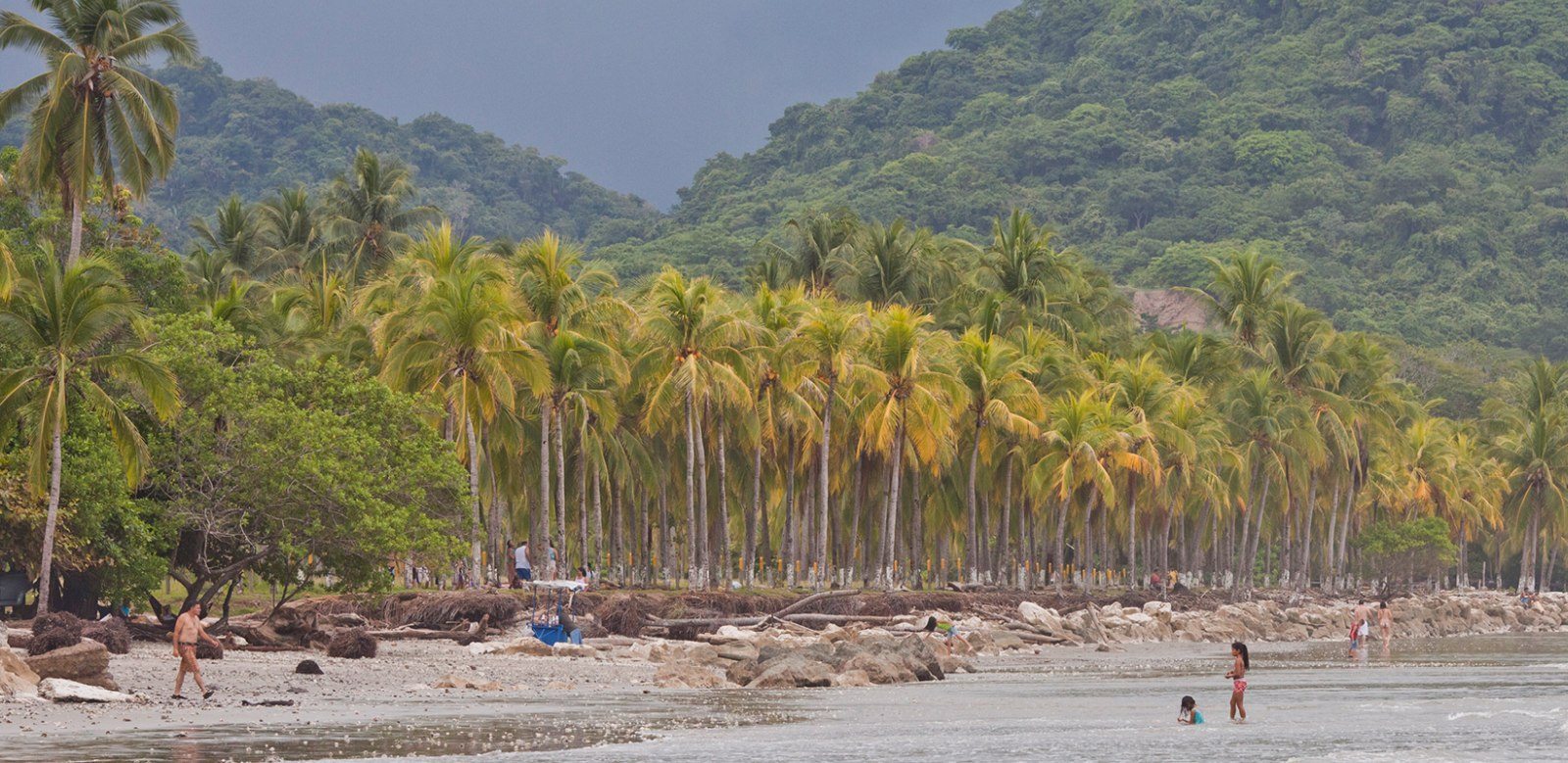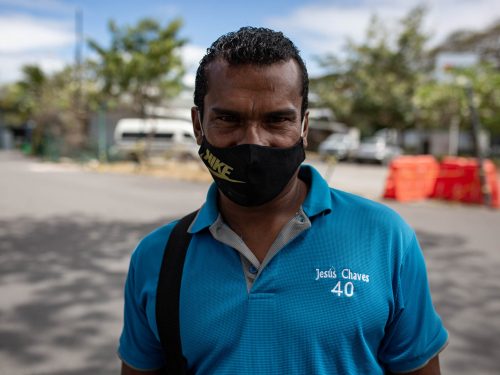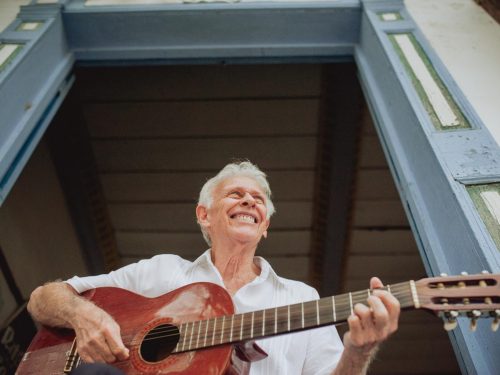
There is a face of Guanacaste that is hidden among small cities, hills that surround towns, under the sea and in the hands of Guanacastecans. Those who obsess over the sun and sand of its beaches are missing out on one of the greatest gems the province has to offer.
The hotel developments for millionaires that only leave behind small leftovers can’t and shouldn’t be the only type of tourism that we practice in the province. There is already a set of regulations to promote rural community tourism and government strategies to promote gastronomic and cultural tourism in Costa Rica, but it’s still necessary to go a step further and take that theory to communities in order to integrate them into planning.
In this edition we decided to show you the other side of the coin, which, for us, may be very ordinary, but for others it’s unknown: protecting forests, taking care of the livestock, picking jocote fruit, making homemade remedies. How much could others learn and enjoy from that which we know so well?
A group of innovators – Rafael, José, Enilda, Javier, Minor and Greddy— the majority of them over 60 years old, are the protagonists of our photo report about rural community tourism in this edition. Their project Loma Larga joins these elements and changes the rules of the game without even knowing it.
When rural community tourism wasn’t even being discussed, they already knew that they had to do something with their land that would allow them to conserve the forest, to keep working on what each knew best and plant without abusing the land.
Now, while they do that, they also receive tourists from the Calaluna hotel, give them handmade tortillas hot off the stove and fresh cheese, take them out to see the forest and explain how to cure muscle aches with plants all while laughing and having fun along the way.
The food, the dance, the typical, daily jobs of Guanacastecans are as worthy of attracting tourists as a sunset at the beach and those who visit shouldn’t forget that.
The Costa Rican Tourism Institute, the Ministry of Culture, hotel conglomerates and private companies also should not forget it. In Guanacaste there are plenty of authentic, cultural manifestations that are seen and experienced everyday, but they get locked away in small towns if there is no true push toward integrating communities into economic and tourism development.







Comments